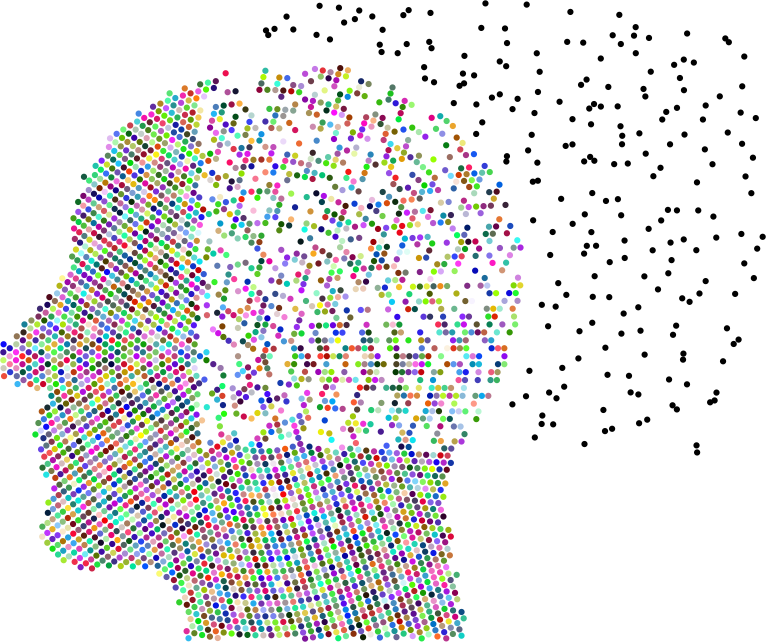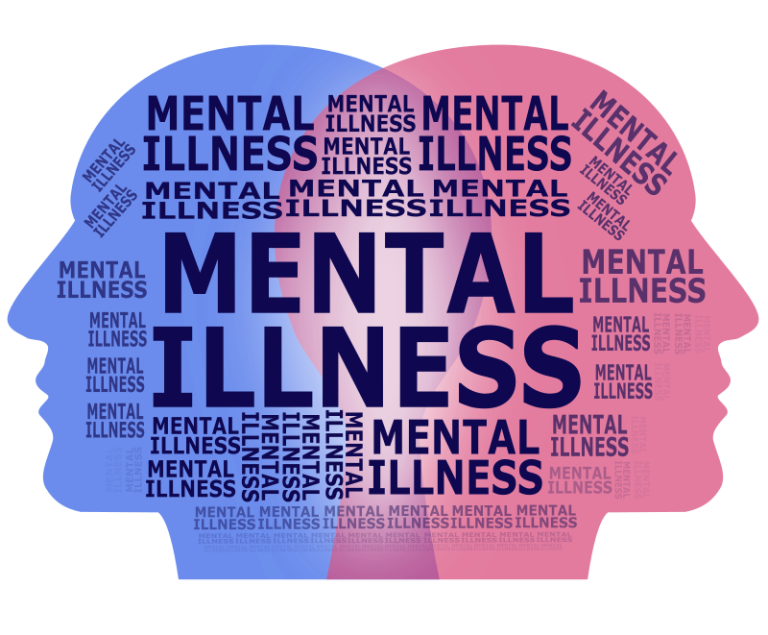Can Hashtags Heal? What Instagram Reveals About Recovery from BPD
-
by
Dr Constantina Katsari
- No Comments on Can Hashtags Heal? What Instagram Reveals About Recovery from BPD
A quiet revolution in mental health is happening online.
Behind the photos and filters of Instagram, people living with Borderline Personality Disorder (BPD) are using social media to tell their stories. A new study asked a powerful question: Can the words we share online offer clues about healing? The answer, it turns out, might be yes.
Researchers analysed 70 Instagram posts from people who self-identified as having BPD. Half used the hashtag #bpd, signalling their experience with the condition. The other half used #bpdrecovery, suggesting they were actively working toward recovery. What set these two groups apart wasn’t just a hashtag; it was the psychological depth of their words.
The language of reflection
Using a tool called Computerised Reflective Functioning (CRF), the study examined how often users expressed reflective thinking, the ability to understand and interpret one’s own emotions and those of others. This kind of thinking, known in psychology as “mentalising,” is critical for emotional regulation, self-awareness, and healing.
Those in the #bpdrecovery group didn’t just write more but they wrote differently. Their posts showed significantly higher levels of reflective functioning. They used language that suggested they were processing experiences, recognising patterns, and trying to change. They were writing their way toward insight.
Rebuilding identity, not just reducing symptoms
This study didn’t focus on whether someone still had symptoms of BPD. It looked at something deeper: personal recovery. That means moving beyond symptom management toward rebuilding identity, finding hope, and reclaiming meaning.
Here, too, the #bpdrecovery group stood out. Their posts included themes like empowerment, critical self-reflection, and taking responsibility for change. They described efforts to build a coherent sense of self beyond their diagnosis. In contrast, those using #bpd often wrote about being trapped in their symptoms or identities defined entirely by the disorder.
What carers can take from this
The findings may seem abstract, but they offer real-world clues for carers. First, hope matters and it emerges early. Both groups expressed hope and optimism, even those who felt stuck. That hope may be the first step in recovery.
Second, identity matters. Encouraging your loved one to explore who they are beyond the diagnosis can help support recovery. When people feel seen and valued for more than their symptoms, they may be more willing to reflect, connect, and grow.
Third, connection matters but the kind of connection varies. Those in the recovery group often valued offline relationships that made them feel recognised and supported. Those who weren’t yet in recovery sometimes idealised online communities but felt alienated from real-life relationships.
And finally, reflection matters. Carers who model curiosity rather than judgment, who ask questions instead of giving answers, may be helping build the mentalising skills that support recovery. It’s not about being perfect. It’s about creating space for self-awareness to grow.
The power of small signs
What makes this study remarkable is how it listens to people in their own words, in their own space. Instead of using medical files or clinic records, the researchers turned to social media, a diary, a confessional, and a lifeline rolled into one. They found that some users weren’t just sharing stories. They were writing their way into recovery.
It reminds us that even small choices, like using a different hashtag, or framing a post around change rather than crisis, can reflect deeper shifts in thinking and feeling. These shifts may not be visible to the outside world. But for carers paying close attention, they can be powerful signs of progress.
Why it matters for BPD UK
For those supporting someone with BPD, this study is a reminder that recovery doesn’t always look like fewer crises or better behaviour. Sometimes, it looks like more complex storytelling. More reflection. More “I” statements. More posts about trying.
And while social media can never replace therapy, it can reveal patterns, signal stages of change, and provide connection when face-to-face support is scarce. For organisations like BPD UK, this research underscores the importance of digital literacy, narrative insight, and the power of peer-led communities.
If you’re a carer reading this, you might feel far from Instagram’s world. But the message is close to home: Words matter. Reflection matters. And even online, recovery is possible.
Read the full study on PubMed Central https://pmc.ncbi.nlm.nih.gov/articles/PMC7875072/
💬 Caring for someone with BPD?
👉 Book a FREE One2One support session
🧠 Join our FREE webinars and peer groups
📩 To book email us at: info.bpduk@gmail.com
Discover more from BPD UK
Subscribe to get the latest posts sent to your email.




